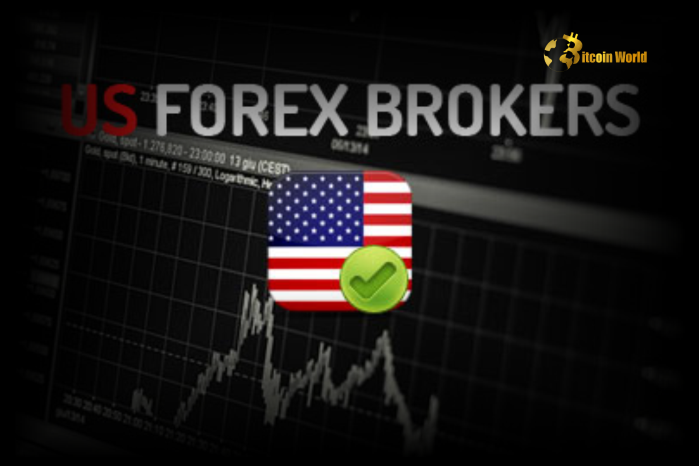A Beginner’s Guide to Forex Trading in America
A Beginner’s Guide to Forex Trading in America
Blog Article
Why Forex is Gaining Popularity in America
International trade, or Forex trading, brings millions of participants in the United States every year. Their large size and liquidity allow it to be one of the very fascinating areas globally. Nevertheless, forex trading for beginners. takes a special and rigid method of regulating Forex activities. If you're trying to deal currencies or just want to know how appropriate frameworks form the Forex market, understanding these rules is crucial.

Essential Appropriate Frameworks Shaping Forex in the US
Forex regulation in the United States is distinguishable because of its complete chance controls and customer protections. Two major government bodies oversee most Forex activities:
• Item Futures Trading Commission (CFTC)
• National Futures Association (NFA)
The CFTC, made in 1974, is tasked with regulating the futures and options areas, foreign change included. The NFA, as a self-regulatory organization, performs tightly with the CFTC to enforce principles and maintain fairness in trading practices.
Enrollment and Submission
Every Forex vendor or broker doing business with U.S. people should register with both the CFTC and NFA. These entities are also required to stick to rigorous working standards, including:
• Minimum internet money needs (often higher than in different countries)
• Continuous audits
• Powerful anti-money laundering (AML) procedures
• Clear risk disclosure
Violations can result in hefty fines or a lasting bar from the market. That regulatory framework seeks to avoid fraud, protect investors, and improve industry integrity.
Key Limitations on Forex Activities
Foundational rights influence how Forex operates in the U.S.:
• Leverage limits: The NFA pieces a maximum influence of 50:1 for major currency sets and 20:1 for minors. That is far below many global areas, helping defend unskilled traders from significant losses.
• Segregation of funds: U.S. legislation needs that client resources are held split up from broker operational funds. That measure safeguards traders in case a broker becomes insolvent.
• Advertising and disclosure: Firms should obviously describe dangers, expenses, and trading mechanisms to clients. Inaccurate or intense solicitation methods face rigid penalties.
Enforcement and Penalties
U.S. agencies regularly check for fraudulent schemes, insider trading, and illicit industry manipulation. Mathematical data from enforcement reports shows a steady pattern of penalties and settlements recently, highlighting constant vigilance. That environment, while stricter than many parts of the entire world, generates a better playing field for retail and institutional traders alike.
What to Consider as a US Forex Trader
New styles disclose an ongoing rise in regulatory actions, an emphasis on client education, and continuous upgrades to submission requirements. If you plan to deal Forex in the U.S., it's essential to:
• Confirm a broker's active registration position
• Stay up-to-date with regulatory improvements
• Evaluation chance disclosures before generally making trades
This method minimizes unforeseen failures and increases your prospects in a firmly managed but effective marketplace. By knowledge legal rules, U.S. traders may confidently be involved in the Forex industry while keeping within the parameters of the law.
Report this page